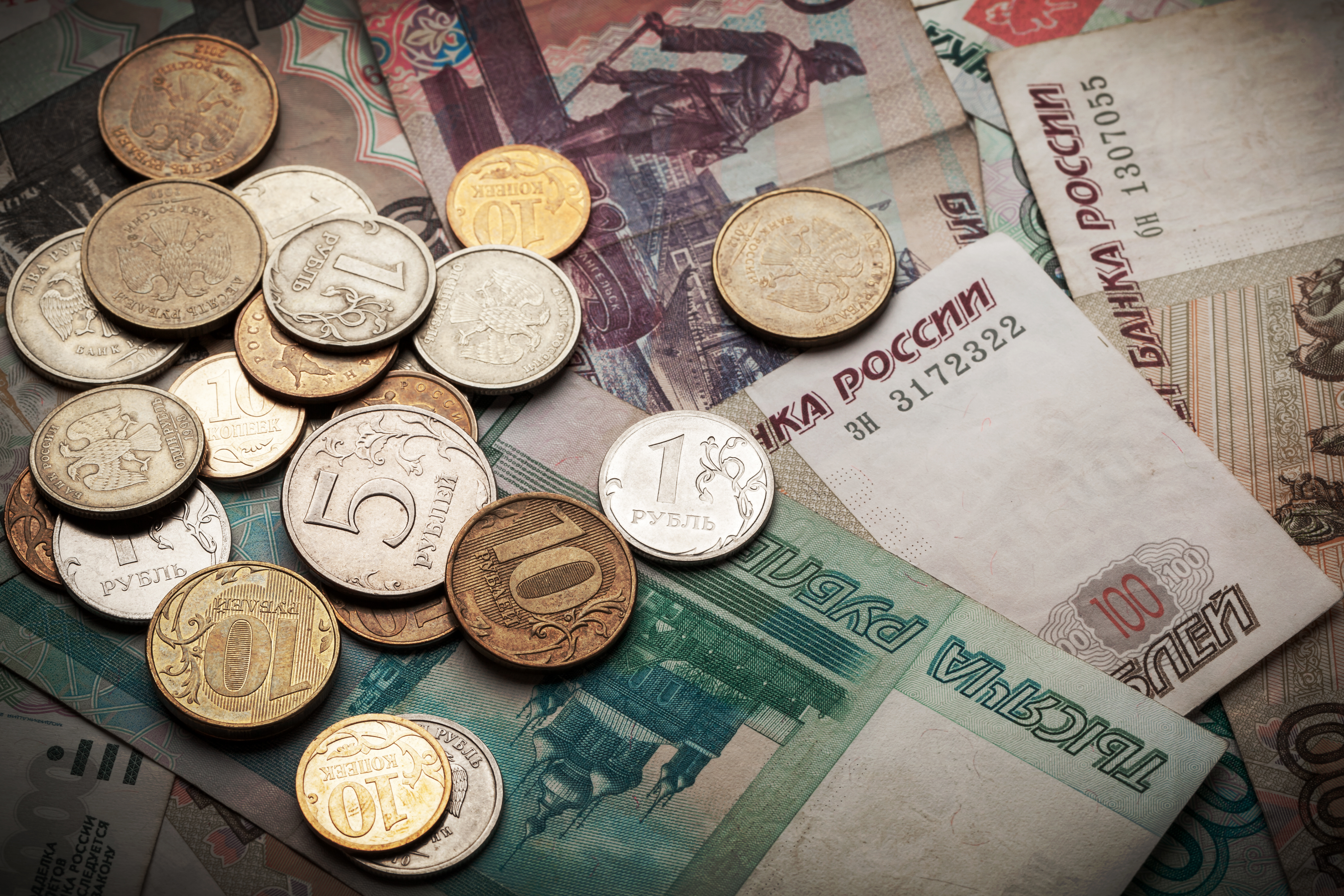In the aftermath of the 2016 Panama Papers data leak, the term "shell company" rapidly emerged in news coverage of political corruption and financial crime.
But what exactly is a shell company?
According to the Financial Crimes Enforcement Network (FinCEN) shell companies are defined as “non-publicly traded corporations, limited liability companies (LLCs), and trusts that typically have no physical presence (other than a mailing address) and generate little to no independent economic value.” Shell companies are used by individuals and organizations for a number of reasons, some of which are legitimate while others entail committing financial crimes. Such companies are usually created with the sole purpose of holding and moving assets on behalf of individuals or other businesses.
So, how to identify a shell company?
The more instances of concealment found, the greater the chance/risk that the entity could be a shell company. Below is a list of red flags by FinCEN cited in Suspicious Activity Reports Issue 7 concerning shell companies:
Considering the above mentioned red flags, in case a financial institution discover such suspicious activities or has a reason to suspect that the transactions involve the use of US-based shell companies and/or foreign shell banks to launder illicit funds, the institution must file a Suspicious Activity Report in accordance with the suspicious activity reporting regulations and use the narrative to fully describe the suspicious conduct.
Shell companies are not illegal, however, the increased risk comes from the opacity they present to the true parties involved in the transaction. Sometimes, it is possible to identify negative news or other risk-relevant information on a person, entity, or address directly associated with the shell company. In addition to the transaction activity itself, this information could be sufficient to drive the case over the SAR filing threshold.
In order to help any financial institution, Sigma Ratings provides a full picture by combining data from a variety of sources. For any institution looking to better understand their risk profile, Sigma Ratings is committed to maintain and provide counterparty risk information for our clients through its advanced technology and risk intelligence database, with other 10 billion data points on over 900 million companies and people.

This week, an investigation by Buzzfeed revealed that the Russian oligarch Roman Abramovich allegedly utilized a network of anonymous shell companies...

Golden Passports or Visas, a citizenship by investment or residency by investment program, has drawn increased scrutiny in recent years. According to...

The Anti-Money Laundering (AML) legislation is enacted with the aim of the detection and prevention of any illegal activity concerning finance,...
